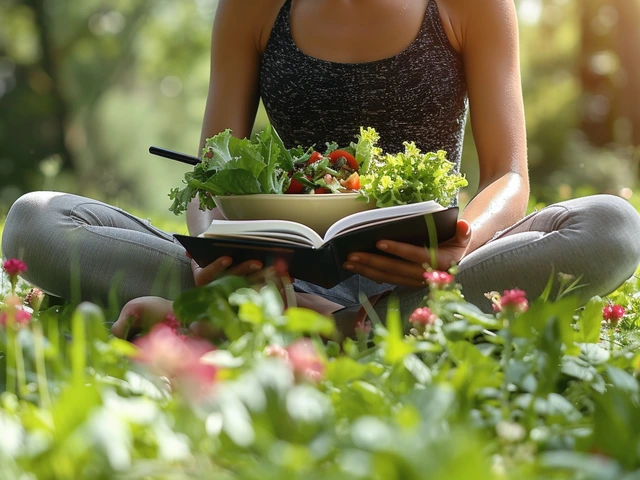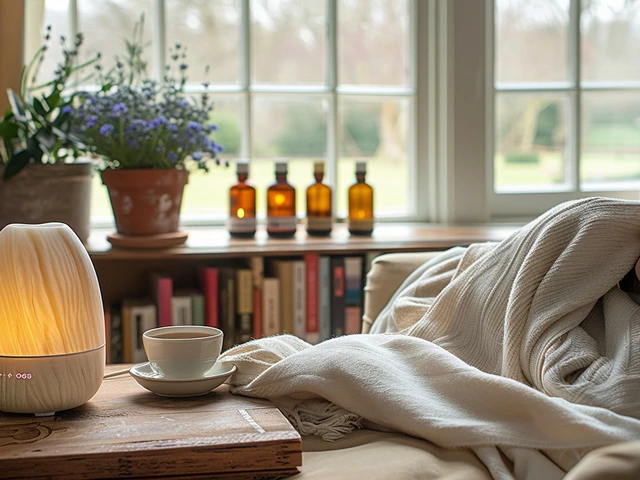Understanding the Importance of Relaxation
Relaxation is not just about peace of mind or enjoying a hobby. It is a process that decreases the effects of stress on your mind and body. Relaxation techniques can help you cope with everyday stress and with stress related to various health problems, such as heart disease and pain. Whether your stress is spiraling out of control or you've already got it tamed, you can benefit from learning relaxation techniques. Achieving a state of relaxation can lead to increased physical and mental well-being.
The Science Behind Relaxation
Stress is a natural and normal part of life, but too much stress can lead to health problems. It can disturb the balance of hormones in the body, leading to problems such as obesity, diabetes, thyroid dysfunction, and even heart disease. Relaxation techniques are thought to work by reducing activity within the stress response system, helping your body to activate its natural relaxation response: slower heart rate, lower blood pressure, slower breathing rate, and increased blood flow to the muscles.
The Art of Mindful Breathing
Mindful breathing is a simple yet powerful relaxation technique. It’s easy to learn, can be practiced almost anywhere, and provides a quick way to get your stress levels in check. Mindful breathing is all about becoming aware of your breath, the sensation of the air passing through your nose or mouth, the flow of air in and out of your lungs. By focusing your attention on your breath, you bring your mind back to the present and away from worries or distractions.
Progressive Muscle Relaxation: A Step-by-Step Guide
This practice involves slowly tensing and then releasing each muscle group. Tensing your muscles before relaxing them helps you notice what relaxation feels like. Start by tensing and relaxing the muscles in your toes and progressively working your way up to your neck and head. You can also start with your head and neck and work down to your toes.
Yoga: The Ancient Practice of Relaxation
Yoga, an ancient practice that originated in India more than 5,000 years ago, is becoming increasingly popular in today's society. It combines physical postures, breathing exercises, and meditation to help reduce stress and increase relaxation. Even if you're not flexible or don't have much free time, you can still enjoy the benefits of yoga by practicing simple poses and breathing exercises at home.
The Healing Power of Meditation
Meditation, like yoga, promotes relaxation through a clearing of the mind. It allows you to turn off the noise of the outside world and focus on your inner self. There are many forms of meditation, from guided imagery where you visualize a peaceful scene, to mindfulness meditation where you focus on the present moment, to mantra meditation where you repeat a calming word or phrase.
The Role of Aromatherapy in Relaxation
Aromatherapy uses the power of scent to relax the mind and body. Essential oils, often used in aromatherapy, are aromatic compounds extracted from plants. These oils can be inhaled, used in a bath, or applied to the skin during a massage. Some popular essential oils for relaxation include lavender, chamomile, and rose.
Relaxation Through Music Therapy
Music has the power to soothe and relax. It can help reduce stress and anxiety, improve mood, and even improve sleep. Whether you're listening to classical music, nature sounds, or your favorite band, music can be a powerful tool in your relaxation toolkit.
Exploring the Benefits of Massage Therapy
Massage is another great way to relax and relieve stress. It can help to relieve tension in your muscles and promote feelings of calm and relaxation. Whether you prefer a gentle Swedish massage or a deeper tissue massage, there's a style of massage that's right for you.
Developing a Personal Relaxation Plan
Everyone is unique, and what works best for one person may not work as well for another. It's important to experiment with different relaxation techniques and find the ones that work best for you. This could involve combining several techniques, such as practicing mindful breathing while getting a massage, or listening to calming music while practicing yoga. Once you've found what works best for you, make it a regular part of your routine to maximize its stress-reducing benefits.






Write a comment: